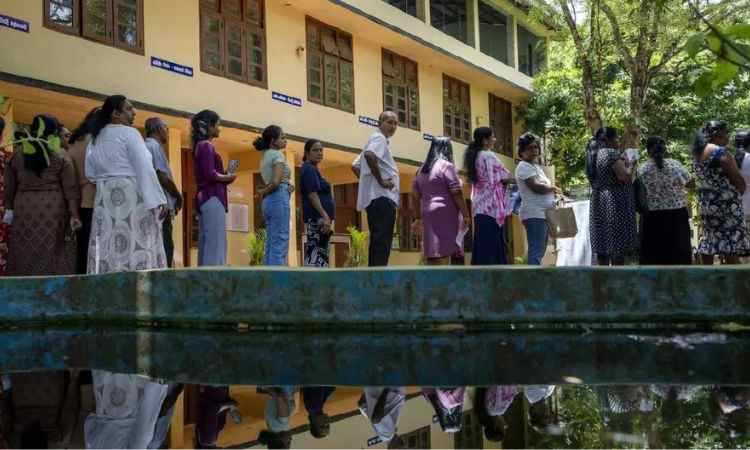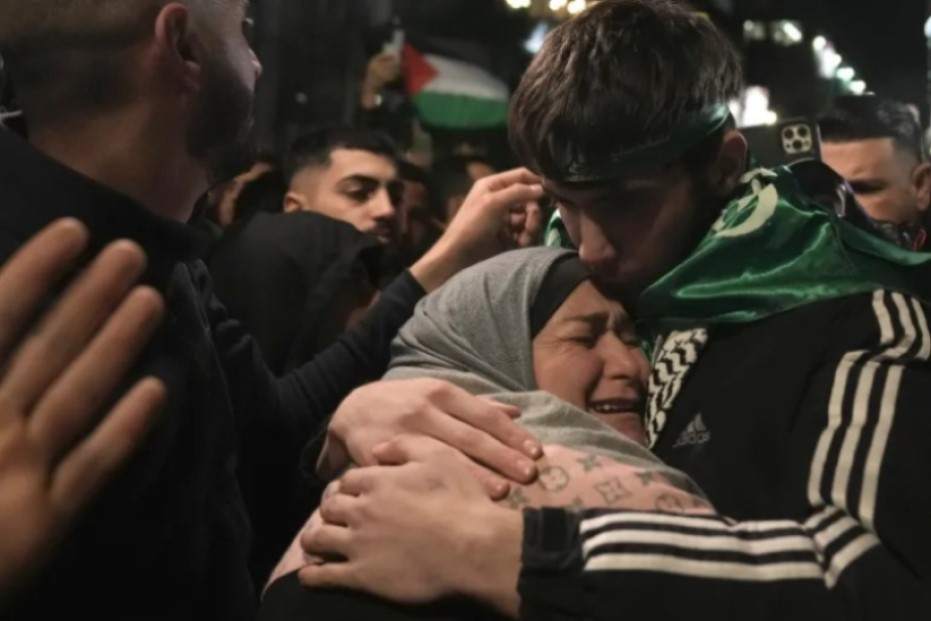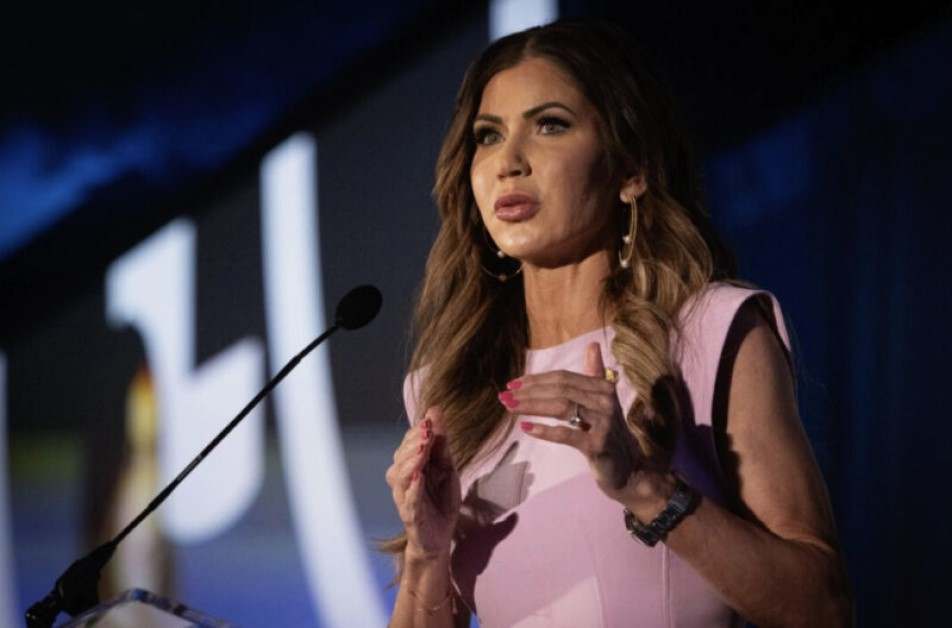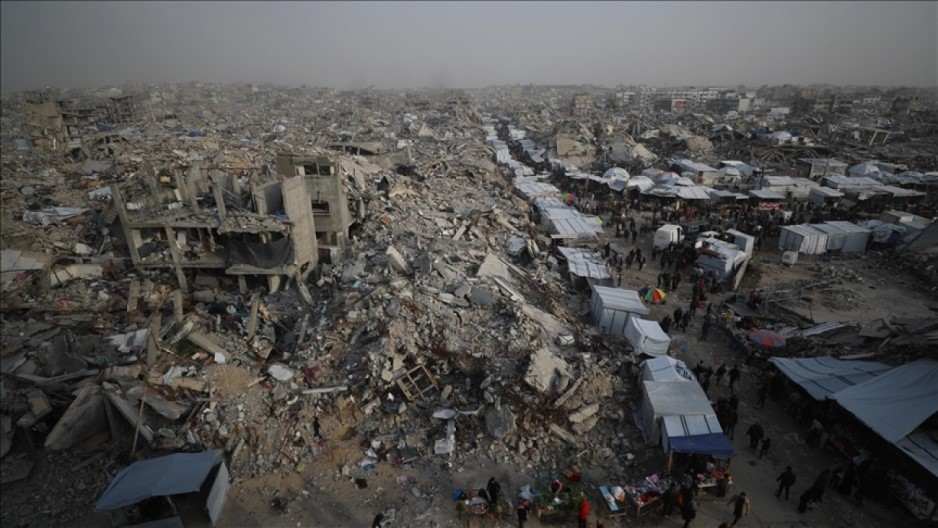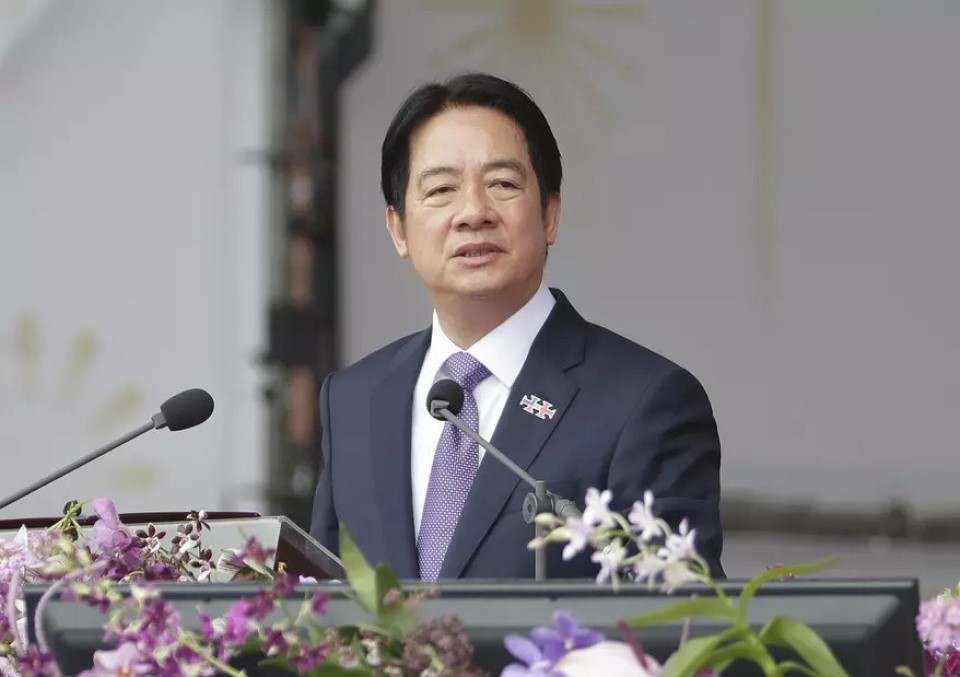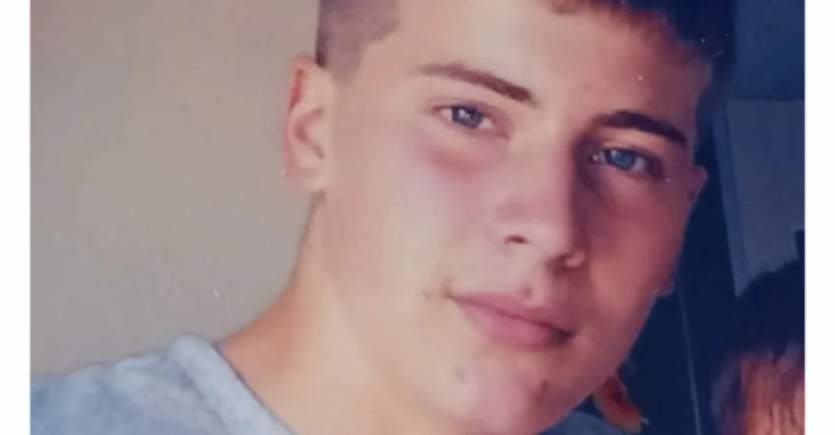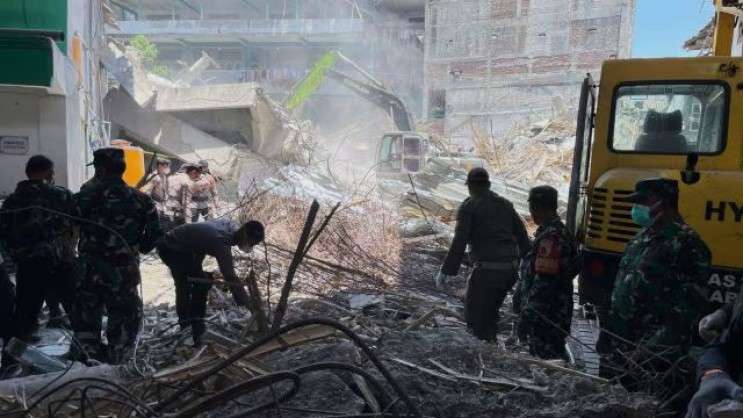Sri Lanka’s Presidential Election Enters the Second Round for the First Time Ever
Sep 22, 2024 / GMT+6
Sri Lanka's presidential election enters a second round for the first time ever. Anura Kumara Dissanayake leads after the elimination of Ranil Wickremesinghe.
Sri Lanka’s presidential election has gone into a second round of vote counting for the first time ever. This happened after the current president, Ranil Wickremesinghe, was removed from the race.
Anura Kumara Dissanayake, a Marxist lawmaker, is leading in the early results. Dissanayake has won 47% of the votes counted so far. Sajith Premadasa, the opposition leader, has about 28%, and Wickremesinghe only got 15% of the votes.
The election, held on Saturday, was important because the country is trying to recover from its worst-ever economic crisis. Dissanayake has become popular among young people because of his focus on helping workers and fighting against the country’s long-time leaders. In 2019, he only received 3% of the votes in the last election, but this time he is doing much better.
Foreign Minister Ali Sabry, a close ally of Wickremesinghe, congratulated Dissanayake on his strong performance in the election. He said he hopes Dissanayake will lead Sri Lanka with transparency and integrity. Despite this, neither Wickremesinghe nor Premadasa has officially conceded defeat.
The election was seen as a test of Wickremesinghe’s leadership as he tried to guide Sri Lanka through an economic recovery. The country’s economic troubles worsened in 2022, leading Sri Lanka to default on its $83 billion debt. The government has restructured $17 billion of this debt with the help of the International Monetary Fund (IMF).
Even though Sri Lanka’s economy is showing some improvement, people are still facing high taxes and living costs. Both Dissanayake and Premadasa have said they will try to change the deal with the IMF to make it easier for the people. Wickremesinghe has warned that any changes could slow down the release of $3 billion in funds, which are important for the country’s stability.
Sri Lanka’s economic problems were caused by large loans taken out for projects that did not bring in money. The COVID-19 pandemic also made things worse. The government spent much of its foreign currency reserves to support the value of the Sri Lankan rupee, which caused the economy to collapse. This led to a shortage of essential items like food, medicine, and fuel. People had to stand in line for days to get these items.
The situation caused protests, and in 2022, protesters took over government buildings, including the president’s house and office. This forced President Gotabaya Rajapaksa to flee the country and resign. Wickremesinghe was then elected by parliament in July 2022 to serve the rest of Rajapaksa’s term.
No major incidents were reported during the election, but authorities declared a countrywide curfew until Sunday afternoon as a safety measure.
The government recently announced that it had reached an agreement with private bondholders to restructure some of its debt. At the time of its default, Sri Lanka owed $83 billion in local and foreign debt. It has since restructured $17 billion.
Though there has been improvement in the economy, Sri Lankans are still struggling with high costs. Both Premadasa and Dissanayake have said they would try to renegotiate the IMF deal to make the economic situation easier for people.
Wickremesinghe warned that changing the IMF deal could slow down the release of a critical $3 billion payment needed to keep the economy stable.
Sri Lanka’s economy collapsed due to excessive borrowing for projects that did not generate income. COVID-19 and the government’s use of foreign reserves to prop up the rupee worsened the situation. This led to shortages in essentials like food, fuel, and medicine, triggering protests that led to President Gotabaya Rajapaksa fleeing the country. Wickremesinghe was appointed to serve the rest of Rajapaksa’s term. The government declared a countrywide curfew until midday Sunday, with no major incidents during the election.
